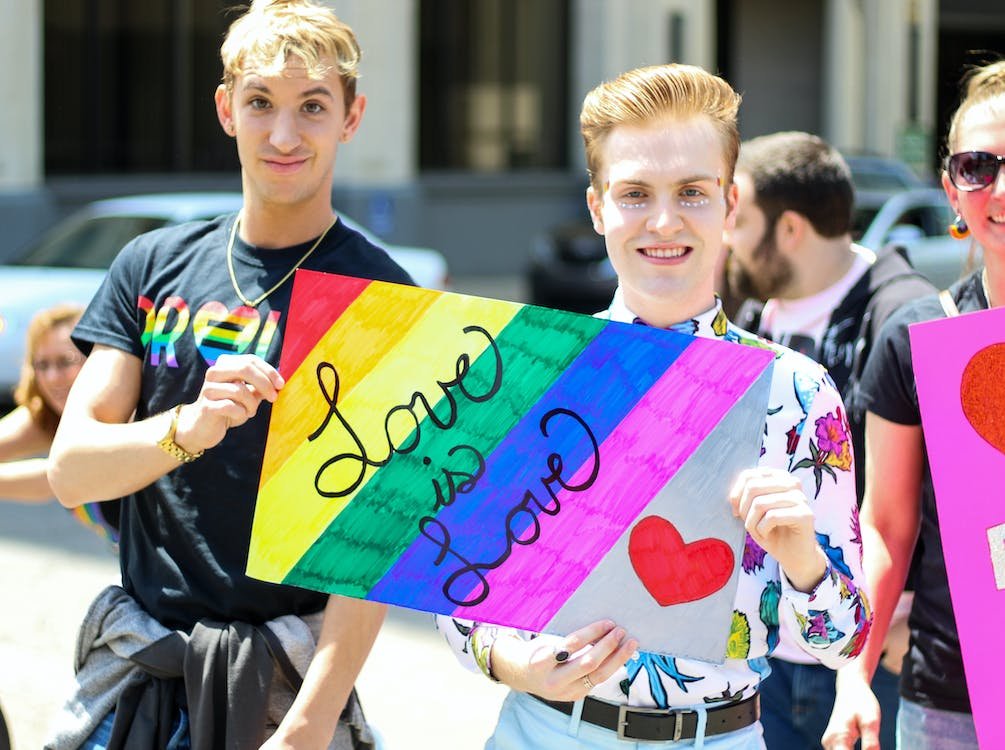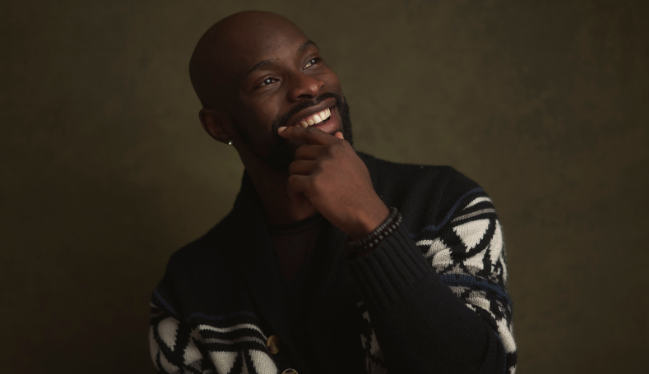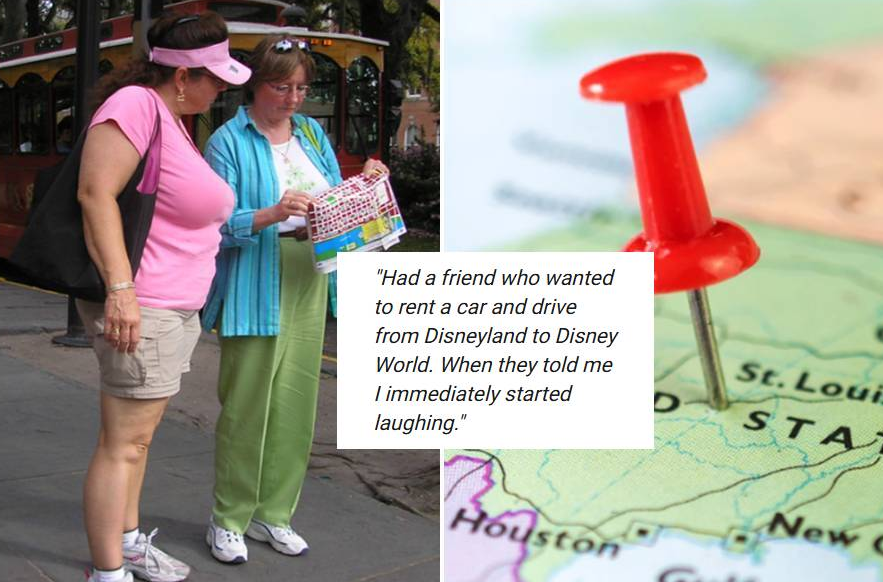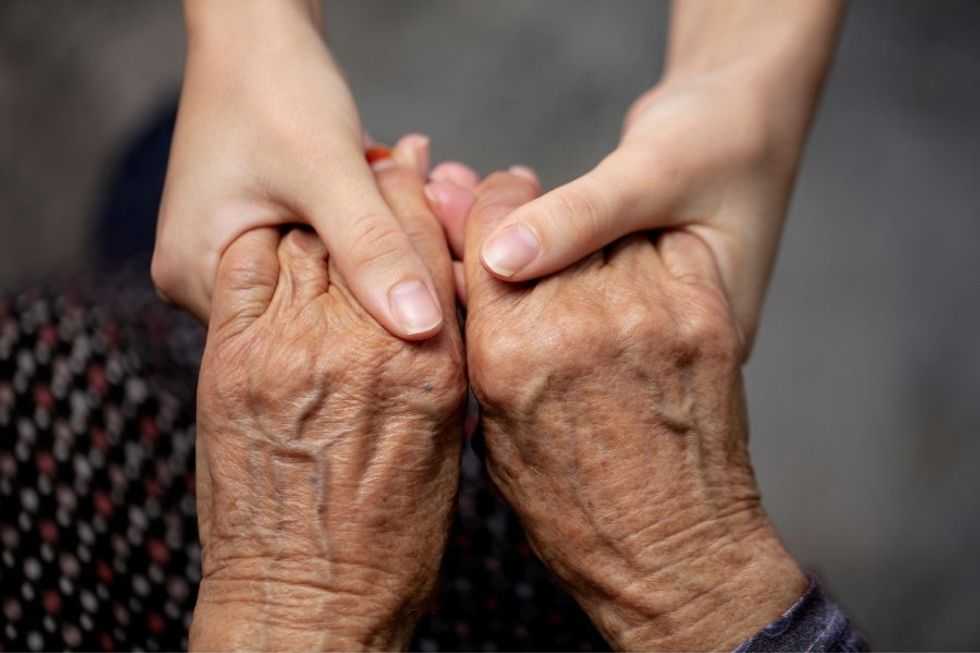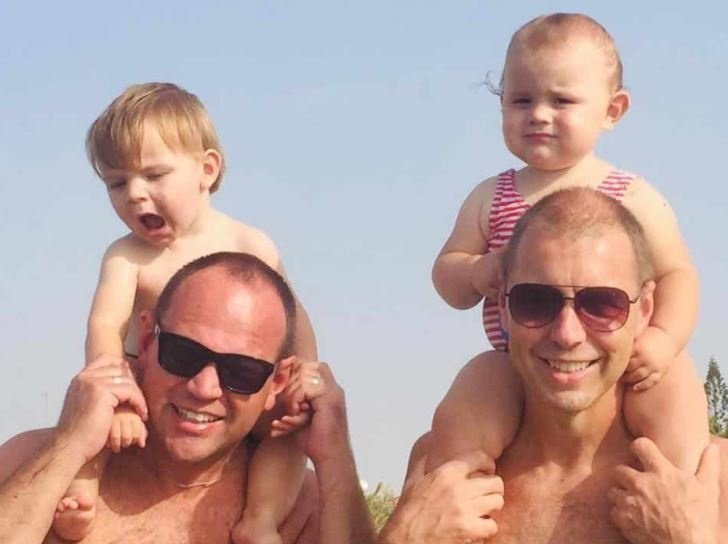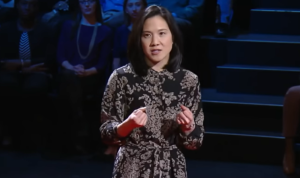There have been numerous high-profile controversies surrounding LGBTQ rights recently that make it appear as though there has been a considerable backlash in acceptance of the LGBTQ community among Americans.
There’s the Bud Light backlash after the popular beer brand used trans activist Dylan Mulvaney as a spokesperson. There was an uproar after the Los Angeles Dodgers agreed to honor the Sisters of Perpetual Indulgence on LGBTQ Pride Night. There has also been an ongoing controversy surrounding Target selling LGBTQ-friendly merchandise.
Clearly, if people are getting riled up over the normalization of LGBTQ culture throughout America, we must be amid a considerable backlash, right? In reality, the truth is the exact opposite.
A new poll by GLAAD has found that non-LGBTQ Americans are more accepting of the LGBTQ community than ever and want them to be treated like everyone else. So, even though there is a loud contingent of political activists pushing back against LGBTQ progress, they don’t seem to significantly impact the growing movement toward acceptance.
Simply put, the opposition to LGBTQ people may be loud, but it’s only getting smaller.
The survey of over 25,000 non-LGBTQ Americans found three encouraging facts:
- A 96% supermajority of non-LGBTQ Americans agree that school should be a safe and accepting place for all youth.
- A 91% supermajority of non-LGBTQ Americans agree that LGBTQ people should have the freedom to live their lives and not be discriminated against.
- An 84% supermajority of non-LGBTQ Americans support equal rights for the LGBTQ community.
The study also found that despite outrage over Dylan Mulvaney appearing in a Bud Light promotion, the vast majority of Americans are okay with seeing LGBTQ people and families represented in the media.
This corresponds with the fact that on the 2021 to 2022 TV season nearly 12% of all regular characters on prime-time television were LGBTQ. That’s a sea change over the 2005 to 2006 report that found only 2% of all characters were LGBTQ.
- 75% of non-LGBTQ adults feel comfortable seeing LGBTQ people in advertisements.
- 73% of non-LGBTQ adults report feeling comfortable seeing LGBTQ characters included in TV shows or movies.
- 68% of non-LGBTQ adults feel comfortable seeing an LGBTQ family with children included in an advertisement.
The strange state of affairs in America is that even though an increasing number of Americans want LGBTQ people to have equal rights, there has been a staggering number of new laws aimed at disenfranchising them that have been proposed over the past three years.
GLAAD estimates that over 500-plus anti-LGBTQ laws have been proposed in 2023 alone.
“Support for LGBTQ equality has reached an all-time high, but allyship must turn into action,” GLAAD President and CEO Sarah Kate Ellis said in a statement. “Media, content creators, and corporate leaders need to lead and respond to hate with undeterred support for the LGBTQ community, including LGBTQ employees, shareholders and consumers. Allyship is not easy, but when values of diversity, equity, and inclusion are tested, we must defend them unequivocally.”

